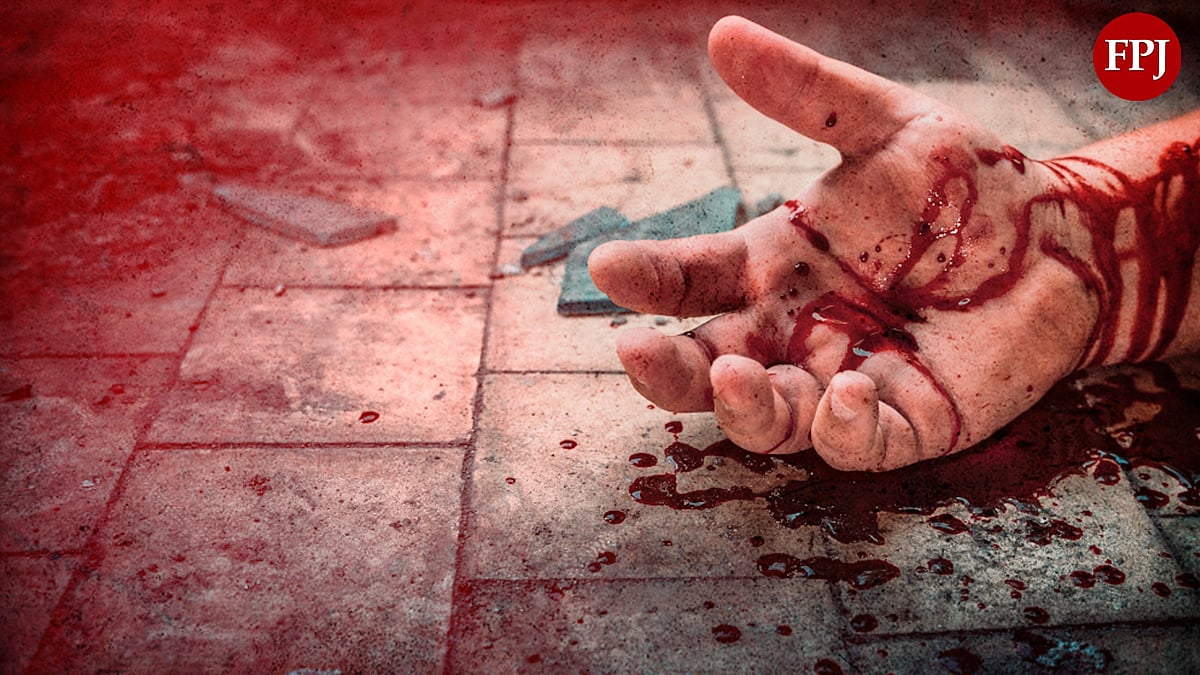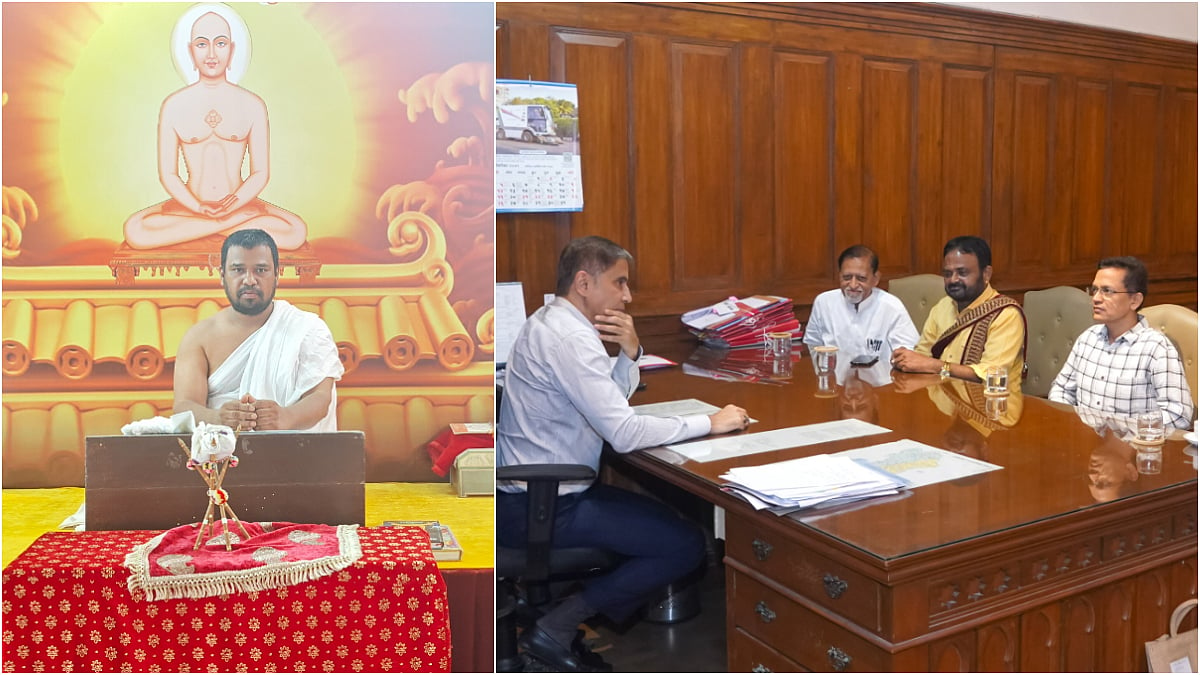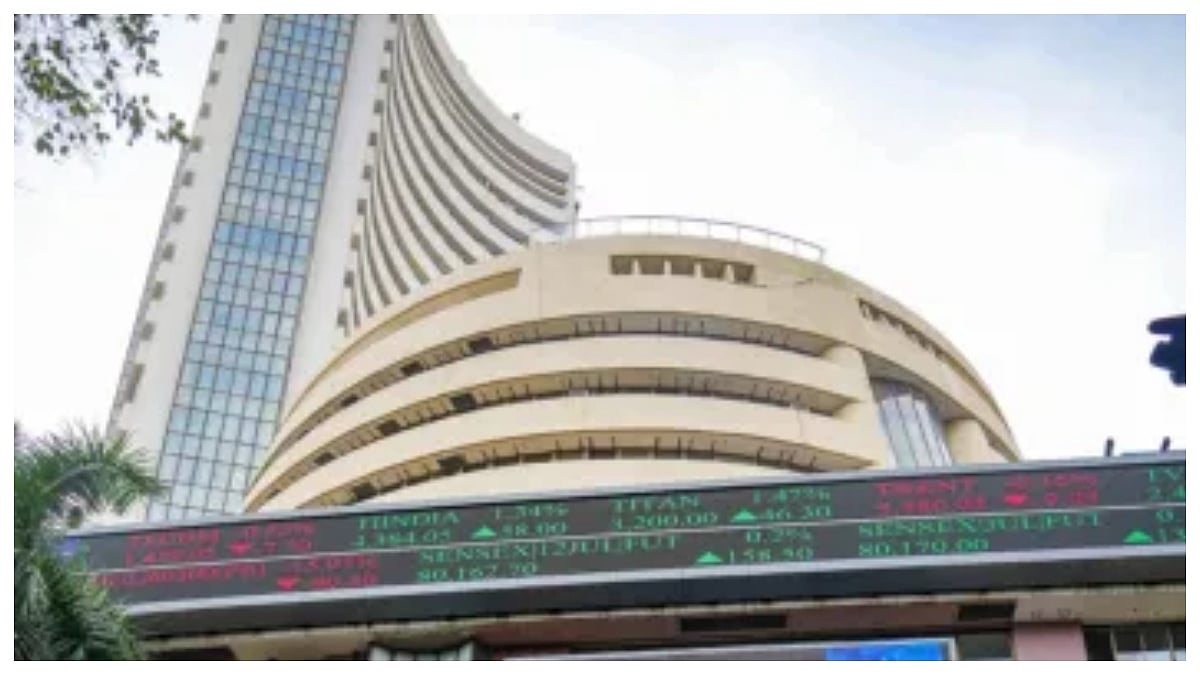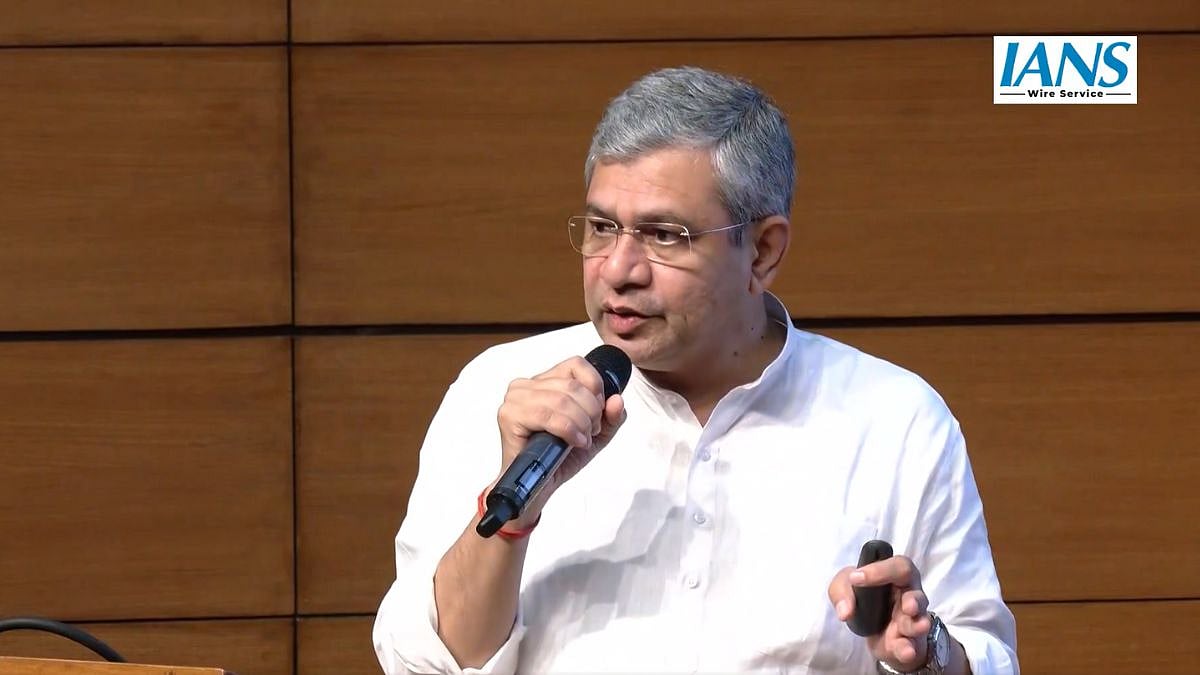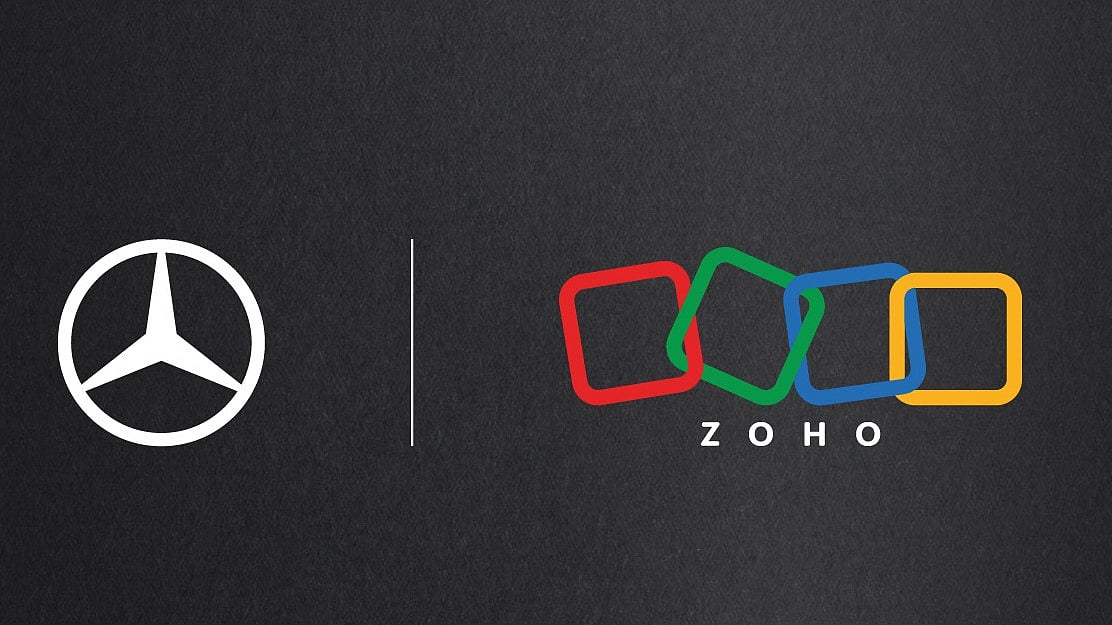–Sahara to SC: Group’s 3 hotels abroad pledged with Bk of China
–SC asks Sahara to get hotel sale nod from Bank of China in 1 wk
–SC: Get statement on Sahara shr in hotel sale proceed from China bk
–If deposit unaccounted Sahara liability can be 700 bln rupees
–SC again refuses Sahara head’s request for house arrest
–Sahara: Shr in proceeds from hotels’ sale seen over 50 bln rupees
–To raise 100 bln rupees from 3 hotels, 9 other assets
NEW DELHI – The Supreme Court today asked the Sahara group to get approval for selling the group’s shares in three hotels in London and New York in a week from Bank of China, where the Sahara’s shares in the hotels are pledged.
The court said the Sahara group will not only place on court’s record the communication to Bank of China and the reply received, but also get a certificate from the Chinese bank confirming the amount that is outstanding towards the loan advanced to each of the three properties.
The court said this will “give a clear picture to this court as to the outstanding liability that remains to be liquidated by the Saharas qua the said properties”.
Sahara group told the apex court today that the group plans to sell the three prime hotels–Grosvenor House in London, and Plaza Hotel and Dreams Downtown Hotel in New York–besides nine other properties in India to raise 100 bln rupees to secure bail for group head Subrata Roy, who is languishing in Tihar Jail since Mar 4.
HOTEL’S VALUATION
Sahara group today submitted two valuation reports that valued the group’s approximately 89% stake in the three hotels at 110 bln rupees. Sahara told the court that it owes around 50 bln rupees to Bank of China, and after statutory deductions, taxes, and loan liability paid to the Chinese bank, the group will have over 50 bln rupees, which can be used for Roy’s bail.
On this the court ordered: “Saharas would do well to obtain a confirmation from the Bank of China to the effect that the valuation reports prepared in respect of the three properties mentioned above by CBRE and JLL (two US-based real estate services firms), have been prepared at the instance of the Bank of China and that the said valuation reports have been accepted by the Bank to be correct”.
The court said this certificate by Bank of China on valuation of the hotels would assure it “that the value/stakes held by Saharas in these properties are sought to be transferred on the basis of the true market value of the said assets”.
MORE LIABILITY
The bench of Justice T.S. Thakur and Justice A.K. Sikri observed that if it was found that all the debentures money is found to be “black money or un-accounted money”, then Sahara’s liabilities under Income Tax proceedings will rise substantially.
The court observed that Sahara’s current liability, pegged at 330 bln rupees by the Securities and Exchange Board of India, may rise to over 700 bln rupees including taxes, penalty and interest for all these years, under the Income Tax Act.
NO HOUSE ARREST
The apex court today again refused to entertain the Sahara group’s plea for sending Roy to house arrest or confinement to a guesthouse instead of being lodged at Tihar Jail.
The court said it could not modify the order passed by an earlier bench, which had said Roy could get bail only after Sahara deposited 50 bln rupees and 50 bln rupees bank guarantee with SEBI.
The court rejected Sahara’s proposal to release Roy on condition of depositing 30 bln rupees in five working days after release, another 20 bln rupees in 30 days after than and 50 bln rupees bank guarantee in 60 working days.
The Uttar Pradesh police had arrested Roy on Feb 28 after the Supreme Court had issued a non-bailable warrant against him for not appearing in court despite summons in a contempt case. Roy was produced in court on Mar 4, when his detention was ordered. Roy is in Tihar Jail since then.
SEBI had filed contempt petitions against Sahara for violation of the apex court’s order dated Aug 31, 2012 to deposit the debentures money within three months with the market regulator. The sum was collected through optionally fully convertible debentures in 2008 and 2009.
Sahara has so far deposited only 51.20 bln rupees with the SEBI. The total amount to be deposited by the company runs to the tune of 370 bln rupees, including interest.
At the heart of the case is SEBI’s contention that the optionally fully convertible debentures issued by the company breached the provisions of the Companies Act and SEBI regulations, and that the debentures for collecting such a huge sum ought to have been listed on a recognised exchange.
The apex court, in its Aug 31 judgment, upheld SEBI’s view that Sahara companies had raised huge amount of money without conforming to the “prudent disclosure” and other investor protection norms governing public issues.



